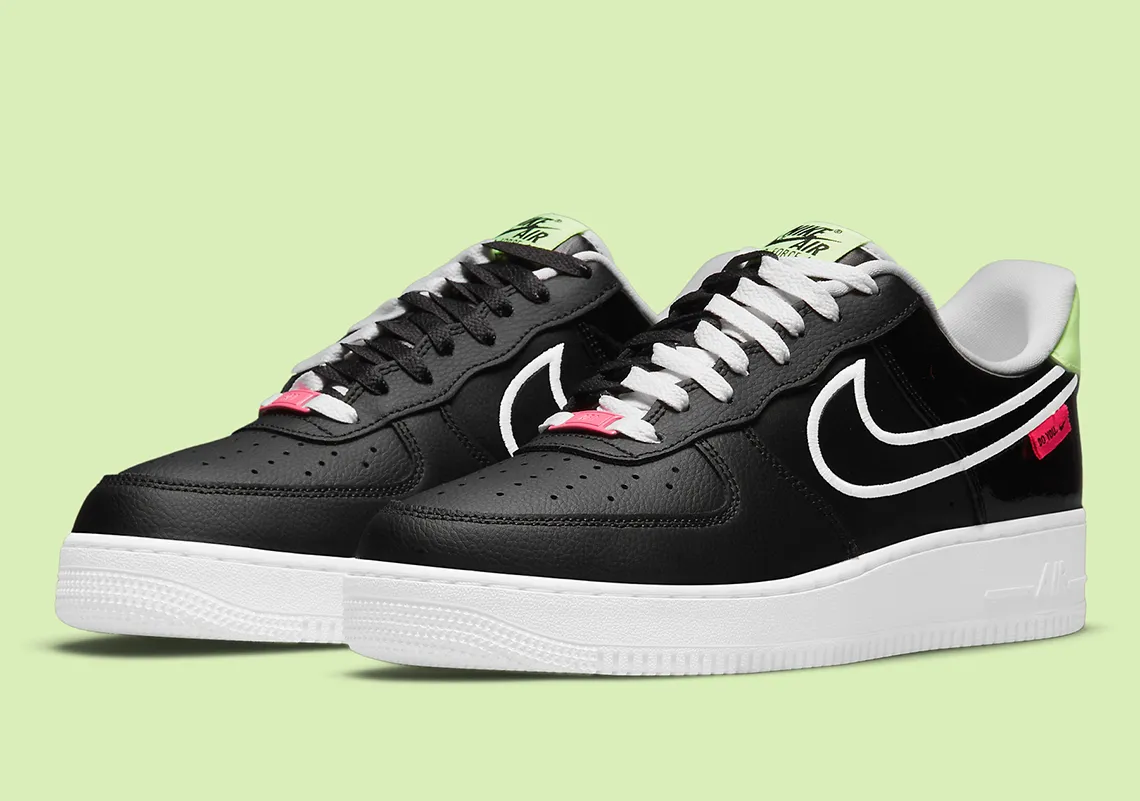
Congress is considering a bill that would punish companies that benefit from forced labor in China.
Getty ImagesApple, Nike and Coca-Cola are among the companies lobbying Congress for changes in a bill that would ban goods made with forced labor in China's Xinjiang region, which is home to the Uighur ethnic minority reportedly being persecuted by the Chinese government. A Capitol Hill staffer said the legislation has bipartisan support and could pass before year's end.
The bill succeeded in the US House of Representatives in September by a margin of 406 to 3, and it's now in the Senate. If passed, it would impose restrictions on imports of items tied to forced labor in Xinjiang, among other things. That area is home to an estimated 12 million Uighur Muslims, a group that China is reportedly surveilling and jailing at an alarming rate. Beijing has repeatedly denied these claims.
Still, world governments have begun to take China to task over what the United Nations calls human rights abuses, including with the forced labor bill making its way through Congress.
Though the law has support of both Republicans and Democrats, large US businesses that rely on Chinese companies and workers to assemble and distribute their products are finding themselves stuck between lawmakers at home and in China.

A worker in China assembles an Apple device.
AppleMany of the world's largest companies, including Apple, rely on supply chains that wind through China to make their goods. Chinese consumers are also a large and growing part of their base. In Apple's case, the company said in October that Chinese customers spent nearly $8 billion on its products, making the country its third largest market behind the Americas and Europe.
That reliance on manufacturing and consumers in China helps explain why The New York Times reported last month that large companies including soft drink maker Coca-Cola and apparel giant Nike were lobbying for changes to weaken the legislation. Apple also objected to some elements of the proposed bill, according to the report.
"Lobbyists have fought to water down some of its provisions, arguing that while they strongly condemn forced labor and current atrocities in Xinjiang, the act's ambitious requirements could wreak havoc on supply chains that are deeply embedded in China," the Times wrote.
Apple said it supports the Uyghur Forced Labor Prevention Act, and reiterated earlier statements that "we abhor forced labor" and that the company supports lawmakers' efforts to eradicate "forced labor and strengthening US law and we will continue working with them to achieve that."
Nike said in a statement that it didn't lobby against the bill. Both it and Coca-Cola said that forced labor is against their codes of conduct, and that each audits its supply chains to ensure bad behavior gets rooted out.
"Nike takes very seriously any reports about forced labor and we have been engaging with multi-stakeholder working groups to assess collective solutions that will help preserve the integrity of our global supply chains," the company said.
"We closely monitor the implementation of our Supplier Guiding Principles by utilizing independent third parties to audit," Coca-Cola said.
Supplier responsibility

Apple's new iPhone 12 is expected to be one of its most popular releases in years.
Andrew Hoyle/CNETFor more than a decade, Apple has released annual supplier responsibility reports that include data about how many suppliers it found pushed employees to work unreasonably long hours, how many safety incidents it found and how successful it's been fighting against child labor. This year, it also outlined the protective equipment it expects its supply chain workforce to have amid the pandemic, including masks and hand sanitizer.
In recent years, Apple has reported on more aspects of its supply chain, including audits of mines, smelters and refiners, in addition to parts makers and device assemblers.
"We require suppliers to provide fair working hours, a safe work site, and an environment free from discrimination," the company said on its website for the reports. "These protections apply across the supply chain, regardless of a person's job or location."
When it comes to the forced labor legislation, reports from the Times and the Washington Post indicated that Apple had pushed back on some elements of the forced-labor bill. The Times report said that in one document, Apple asked for longer compliance deadlines and the option to release information to congressional committees rather than the broader public.
Apple would only reiterate its support of the bill.
December 05, 2020 at 08:00PM
https://ift.tt/2VDRNoz
Apple, like Coca-Cola and Nike, is lobbying on China forced-labor bill in Congress - CNET
https://ift.tt/3g93dIW
Nike


No comments:
Post a Comment